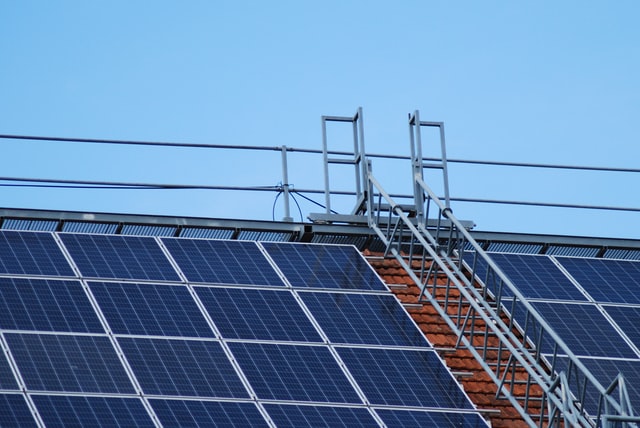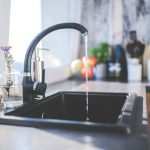Solar Panels for Homes
Post by : favouritehomes
Global warming is fast becoming a reality and its associated problems can be seen in most countries, where extreme weather conditions are now becoming a norm. To combat this effect, more electricity is needed which in turn means using up more natural resources like water or fossil fuel to generate the required electricity. Aside from this, people from cities and even remote villages are now facing rising electricity bills, power cuts and in some cases, no electricity. Solar panels are the answer to this plight affecting most people these days.
You can do your bit too by not depending on natural resources and using the abundant solar energy instead to cool, heat or light up your home. Solar panels are the best answer for renewable energy sources for electricity needs. The past decade has seen more people turning towards the use of solar panels in residences to generate clean energy without any harmful emissions.
You can set up your own solar system on your terrace or rooftop, which typically includes:
- Solar panels for absorbing sunlight
- Mounting frame for securing the panels in place
- The inverter which converts DC to AC
- Batteries for storing any extra power generated
Solar panels come in various sizes such as 1kW, 3kW, 5kW, etc, in accordance with your needs. The cost of setting up a residential solar energy system has come down over the years due to greater competition from more companies joining into this foray. And depending on your usage, your solar energy system is expected to start paying for itself after about 5-7 years time, hence making it a great investment. When well-maintained, the life of such a system can be up to 25 years or more. What’s more, a house with a solar panel setup tends to fetch higher prices upon resale.
Another factor to keep in mind when setting up a solar energy system at home is to consider whether you want to go completely off-grid. This could prove to become a little expensive as compared to being on-grind; this is because your initial investment will need to be for higher wattage solar panels and hence more expensive. Aside from this, with weather variations, not all days are sunny and you might end up with no power if you are off-grid and the cloudy weather persists for a couple of days or more. A better option, therefore, is to be partially dependent upon the government’s electricity supply.
 +91-98959 94000
+91-98959 94000 +971501148100
+971501148100












